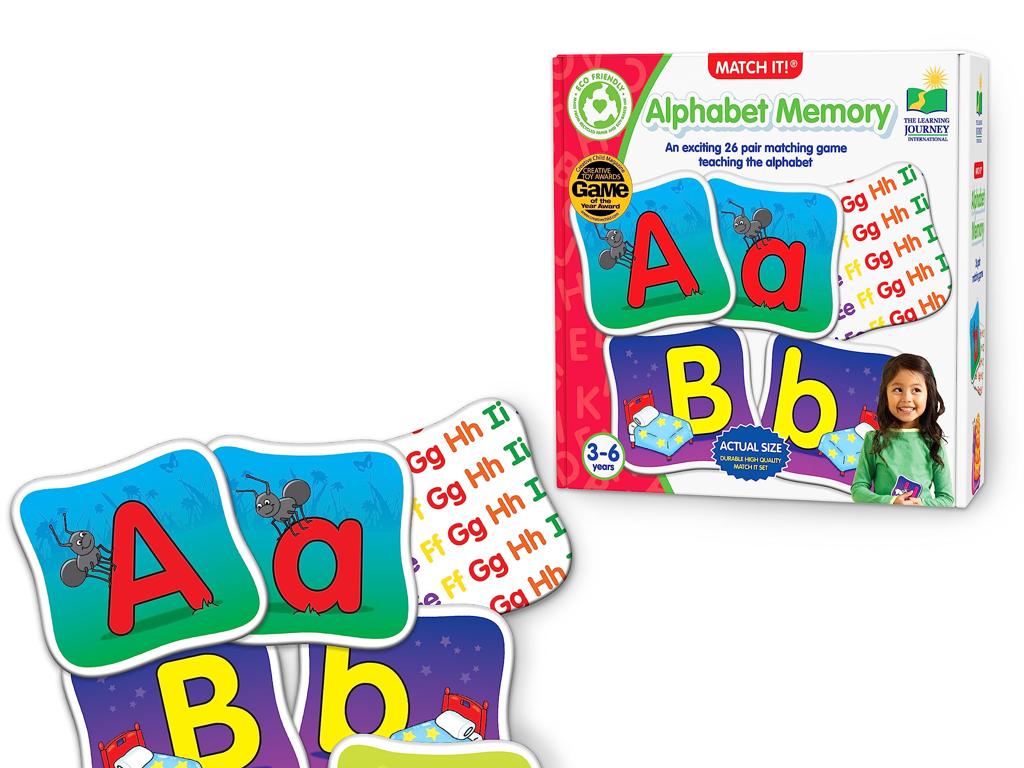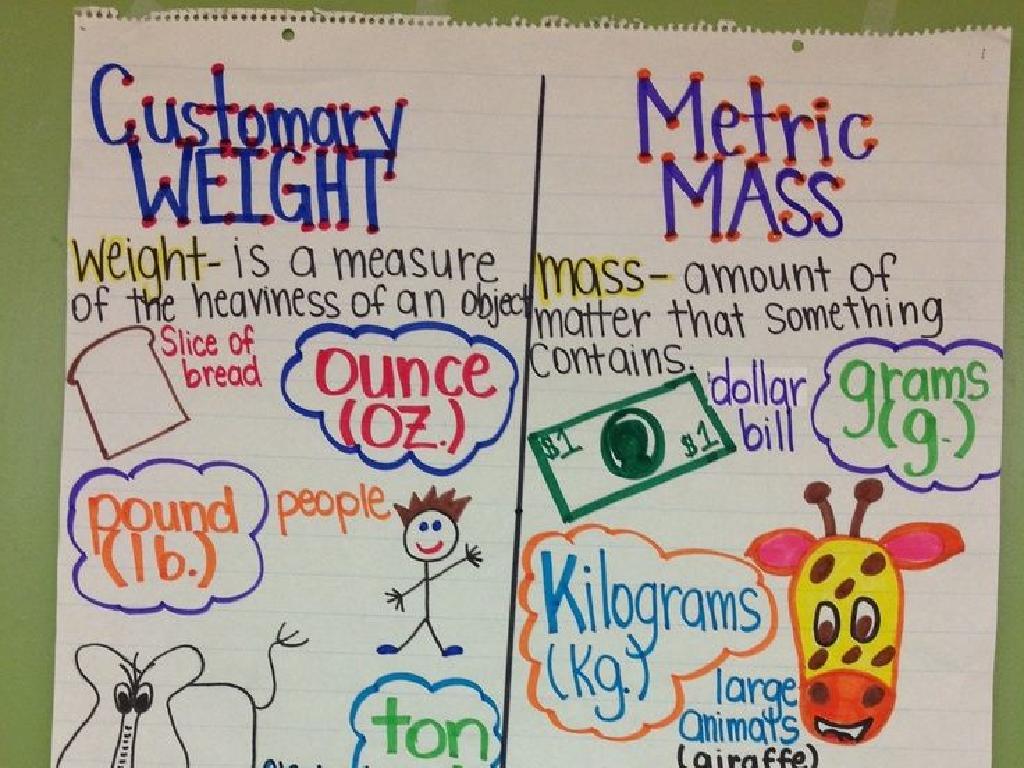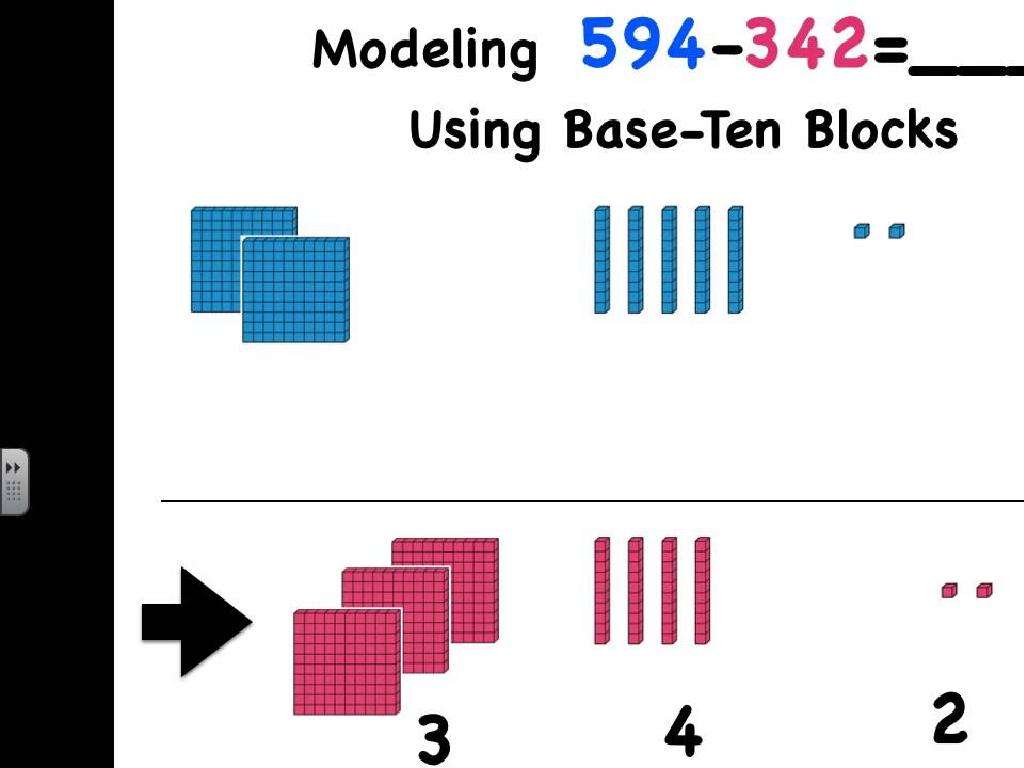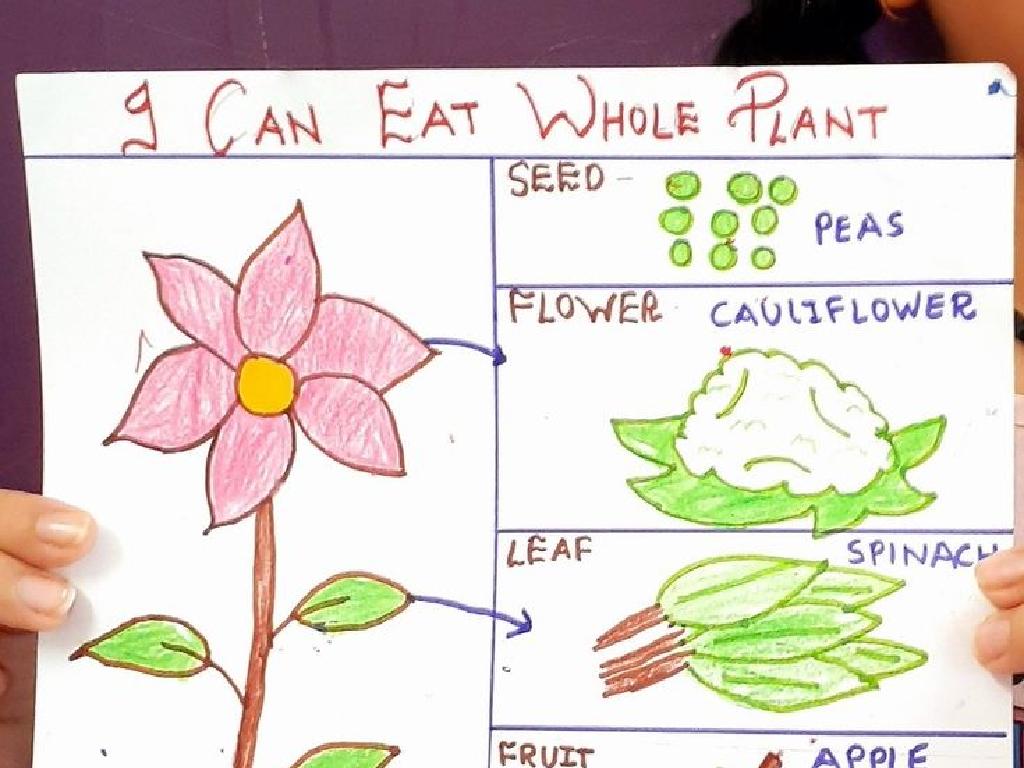Identify Nouns With Abstract Nouns
Subject: Language arts
Grade: Fourth grade
Topic: Nouns
Please LOG IN to download the presentation. Access is available to registered users only.
View More Content
Welcome to Nouns!
– Introduction to the world of Nouns
– Nouns: Person, place, thing, or idea
– Nouns name everything we can see or think about
– Identify nouns around you
– Look around and name objects, people, and places
– Abstract nouns are special
– Feelings, ideas, and qualities like bravery, love, and time
|
Begin the class with a warm welcome and an introduction to nouns, ensuring to create an engaging and interactive atmosphere. Explain that nouns are the names of people, places, things, or ideas, which form the building blocks of sentences. Encourage students to look around the classroom and name various objects, people, and places they see, reinforcing the concept of tangible nouns. Then, introduce abstract nouns by explaining that they are things we cannot touch but we can feel or think about, like emotions or concepts. Provide examples of abstract nouns and ask students to think of their own examples, possibly relating to personal experiences to make the concept more relatable and understandable.
Exploring Types of Nouns
– Four main types of nouns
– Common, Proper, Concrete, and Abstract
– Common vs. Proper nouns
– Common: dog, city. Proper: Fido, New York
– Concrete nouns you can touch
– Concrete: apple, chair
– Abstract nouns: focus of today
– Feelings or ideas like bravery or freedom
|
Begin the lesson by introducing the four main types of nouns to the students: Common, Proper, Concrete, and Abstract. Provide clear definitions and examples for each, ensuring that students understand the differences. Common nouns are general names for things, while proper nouns are specific names. Concrete nouns are tangible and can be experienced with the senses. Abstract nouns represent intangible concepts such as emotions or ideas. Emphasize that the day’s lesson will focus on abstract nouns, encouraging students to think of examples such as ‘love’, ‘courage’, or ‘happiness’. Use interactive activities to help them identify abstract nouns in sentences and understand their use in language.
Exploring Abstract Nouns
– Abstract nouns are intangible
– They are things you feel, not touch
– They represent ideas or feelings
– Like ‘joy’ which you can feel but not touch
– Examples: happiness, bravery, wisdom
– ‘Happiness’ is a feeling, ‘bravery’ is a trait, ‘wisdom’ is knowledge
– Interactive Q&A session
– Is ‘friendship’ abstract or concrete?
|
Begin by explaining that abstract nouns are things we experience with our minds and hearts, not with our other senses. They are the names we give to feelings, concepts, or ideas, such as ‘freedom’ or ‘love’. Provide clear examples to illustrate the concept. During the interactive Q&A, present students with a mix of concrete and abstract nouns and ask them to categorize them. This activity will help solidify their understanding of abstract nouns. Encourage students to think of their own examples of abstract nouns and share them with the class. This will help them apply the concept to their own experiences and deepen their comprehension.
Exploring Abstract Nouns
– Find Abstract Nouns in sentences
– Look for nouns that name feelings, ideas, or concepts
– Story excerpt: Identify Abstract Nouns
– See how Abstract Nouns fit into a story’s setting
– Relate Abstract Nouns to personal experiences
– Think of love, bravery, or friendship in your life
– Discuss the importance of Abstract Nouns
|
This slide aims to help students recognize and understand abstract nouns, which are nouns that name things you cannot see, touch, hear, smell, or taste. They often name emotions, qualities, or ideas. Start by providing sentences and asking students to identify the abstract nouns within them. Then, use a story excerpt to show abstract nouns in context, which will help students see how they add depth to storytelling. Encourage students to connect with the material by thinking of abstract nouns that relate to their own lives, such as emotions or qualities they have experienced. Discuss why abstract nouns are important in language, as they allow us to express complex concepts and emotions.
Abstract Nouns in Literature
– Abstract nouns in poetry & stories
– They represent intangible concepts like ‘love’, ‘bravery’, ‘happiness’.
– Read and find abstract nouns
– We’ll read together and spot abstract nouns.
– Discuss emotions & ideas conveyed
– What feelings or thoughts do these nouns bring up?
– Reflect on the author’s expression
|
This slide aims to help students understand the use of abstract nouns in literature, which are nouns that represent ideas, qualities, and conditions rather than concrete objects. Start by explaining that abstract nouns are often used in poetry and stories to convey deeper meanings and emotions. Read a short poem or paragraph with the class, and work together to identify the abstract nouns. Discuss what emotions or ideas the author might be trying to express through these nouns. Encourage students to think about how abstract nouns add depth to the text and how they affect their own understanding of the poem or story.
Class Activity: Abstract Noun Hunt
– Pair up for a noun scavenger hunt
– Find and list abstract nouns
– Abstract nouns are things we feel, like ‘joy’ or ‘fear’
– Share your findings with the class
– Discuss the role of abstract nouns
– How do these nouns change our view of the text or room?
|
In this interactive class activity, students will work in pairs to identify abstract nouns, which are things that we cannot see, touch, smell, hear, or taste, but we can feel or experience. They can be emotions, concepts, or ideas like ‘bravery’, ‘freedom’, or ‘happiness’. This activity will help students understand how abstract nouns contribute to the richness of language and how they can convey complex ideas and emotions in both literature and daily life. After the hunt, facilitate a discussion on how these nouns enhance descriptions and narratives. Provide guidance on how to identify abstract nouns and encourage students to think creatively. Possible variations of the activity could include finding abstract nouns in a specific story, during a particular school event, or even in songs or poems.
Abstract Nouns: Conclusion & Homework
– Why abstract nouns matter
– Abstract nouns represent ideas or concepts that you can’t touch or see, like ‘bravery’.
– Homework: Craft a story
– Write a short story or paragraph including abstract nouns like ‘happiness’, ‘growth’, or ‘freedom’.
– Use 5 abstract nouns
– Find and highlight at least five abstract nouns in your story to show understanding.
– Share your story next class
– Be prepared to present your story and discuss the abstract nouns used.
|
This slide wraps up the lesson on abstract nouns, emphasizing their significance in language as they pertain to intangible concepts. For homework, students are tasked with writing a short story or paragraph that incorporates at least five different abstract nouns, which will help reinforce their understanding of the concept. Encourage creativity and the use of a variety of abstract nouns. In the following class, students will have the opportunity to share their stories, fostering a collaborative learning environment where they can learn from each other’s usage of abstract nouns. Provide examples of abstract nouns and remind them that these are things we experience like emotions or ideas, not objects we can physically interact with.






